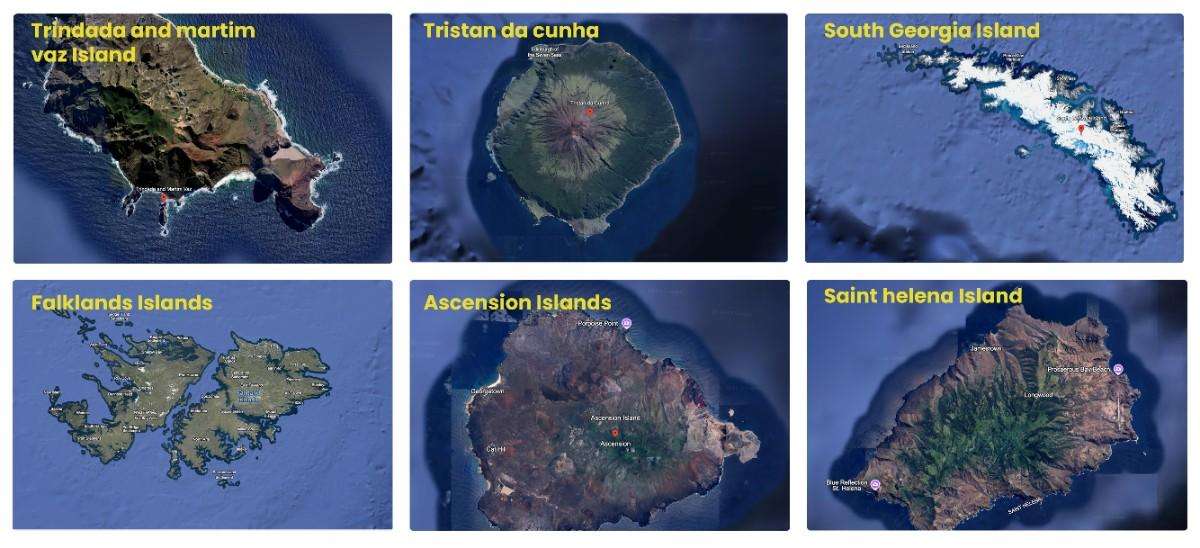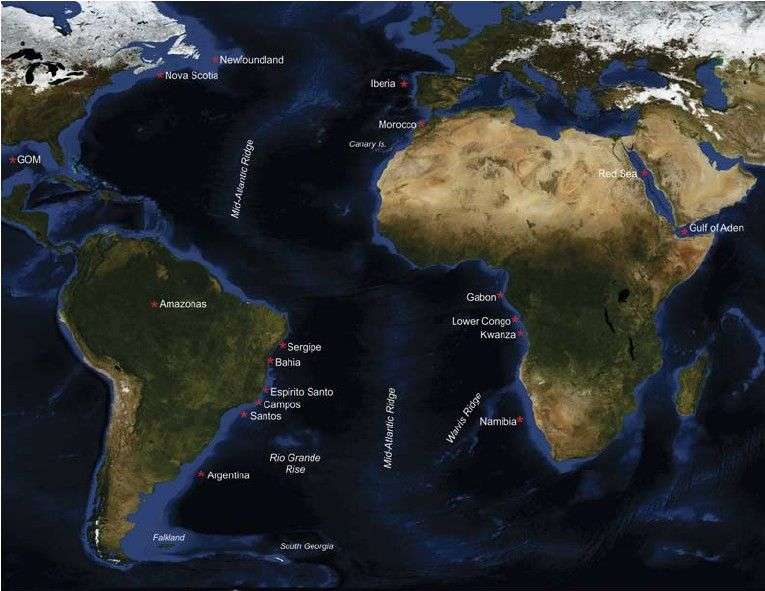The South Atlantic is increasingly becoming an arena of global geopolitics combining maritime security, strategic competition, and climate challenges. Argentina’s efforts to manifest itself and increase its defence posture clearly highlight the material significance of the region. What is even more worrying for policy decision makers is the breadth of engagement by China, the United States and the E.U. regarding the islands and the maritime trade routes; the stakes could not be much greater in 2023 and beyond. The South Atlantic in 2025 has a distinctive mix of possible confrontation and fruitful cooperative engagement.
Strategic Significance of the South Atlantic Islands
The Islands of the Falkland Islands (Malvinas), South Georgia and the Brazilian Atlantic Islands such as Fernando de Noronha serve as significant staging points for controlling, and maintaining sea lanes that are vital for maintaining order in the international waters of the South Atlantic. These lanes underpin international shipping routes, trade routes, and military logistical routes. As the islands are positioned at mid-Atlantic, the shipping traffic from these Islands is significant for the global economy, and international communications between Navies. In an upswing of global trade routes, new economic partnerships, the South Atlantic continues to offer significant linkage toward meeting supply chains, and alternative routes for shipping; highlighting a new western perspective of diverting from exclusively relying upon Asian supply chains in a period of trade conflict and heightened tensions.

Natural Resources and Economic Competitive
The South Atlantic region is rich in oil reserves, fisheries and mineral resources thereby appealing to regional powers like Brazil and Angola, and global actors such as China and the United States. For example, Brazil’s Fernando de Noronha and Atol das Rocas islands are surrounded by waters that are essential for breeding tuna, sharks, turtles and marine mammals, so fisheries have substantial ecological value but also economic value contributing $1.2 billion to the Brazil economy. Countries in South America and West Africa have also expanded their maritime jurisdictions because of UNCLOS, allowing countries to try to exploit oil, fish and other resources while trying to increase their geopolitical power.
Strategic Tug-of-War: Global Interests in the South Atlantic Islands
Several regional and global powers are staking strategic interests over the South Atlantic Islands due to their geopolitical, military and economic significance. The UK pursues its interest based on ownership of the Falklands, South Georgia and Ascension Island (where it maintains a joint UK-US air base with SIGINT capability, processing over 500 terabytes of data each year). Argentina is meanwhile still pursuing a sovereignty claim over the Falklands through appeals to the international community, using the precedent of the handover of the Chagos islands to Mauritius by the UK as an indicator that the UK may surrender the Falklands; Brazil and South Africa support movement ZOPACAS (Zone of Peace and Cooperation in the South Atlantic) to limit foreign military presence and secure valuable resources in the seabed; the US is using Ascension Island for surveillance and operations related to transatlantic communications; France employs its Guiana territory to operate 10 naval vessels in the region per year; Russia held 5 naval exercises in the region in 2024; and China is strengthening its maritime and logistical reach and influence with Belt and Road initiatives through Africa and Latin America.

Military Presence and Geopolitical Rivalries
The Falkland Islands Defence Force conducts patrolling within the exclusive economic zone, accompanied by officers from the Royal Marines. The Falkland Islands has a few vessels capable of patrolling the waters around the islands, such as the FPV Lilibet, which is capable of a range of 10,000 nautical miles and endurance of 30-42 days. The UK military presence includes 1200 personnels stationed in Falkland for 60 million Euro. Military modernization in Argentina is deepening tensions, as Argentina has acquired new advanced F-16 fighter jets and is developing a naval military base in Ushuaia to begin to extend reach in the South Atlantic and Antarctic. Argentina and British rivalries are occurring in a more global context where Argentina is enhancing its diplomatic and defence posture as well as aggressively pursuing a claim to the Falklands. The civilian airport in St. Helena, finished in 2016, now has 50 flights a year, greatly improving logistical access into the region. The UK is not only committed to the Falkland Islanders ability to self-determination, but it must also be a map pointer to British Governments with 99.8% of Falkland Islanders voting in 2013 to remain a British territory.
Global Power Competition
Since the beginning of 2023, the presence of U.S. naval vessels has increased and U.S. naval vessels have conducted thirty joint exercises with Brazil and South Africa. The People’s Republic of China has sent fifteen research vessels since 2022 in order to conduct which maps seabed resources as a component in its Belt and Road strategy. As a result of projects involving ports, Western nations are reshoring supply chains to the region to less depend on Asia, with trade between the EU and South America has increased by 15% since 2022. To highlight both shifts in technology and trade, global shipping is being transformed with the arrival of determining low-emission ships that utilize LNG fuel (for a 25% reduction in traffic greenhouse gas emissions) and the number of ports connected to 5G telecommunication which is currently only 6% of the total number of ports globally. All of the data reported regarding trade in the South Atlantic indicate that trade is expected to grow at a pace of 10% or more, and in support of the Falkland Islands, the British military presence will continue with Typhoon jet aircraft in the Falklands on 24-hour readiness with four Typhoon jets stationed there.
As competition escalates, the South Atlantic’s future will depend as much on the balance of power between the nations, as on which nations effectively deal with shared challenges like environmental stewardship and maritime security. Will the South Atlantic become a zone of conflict or to be a showcase for cooperative governance in a challenging and contested world.

